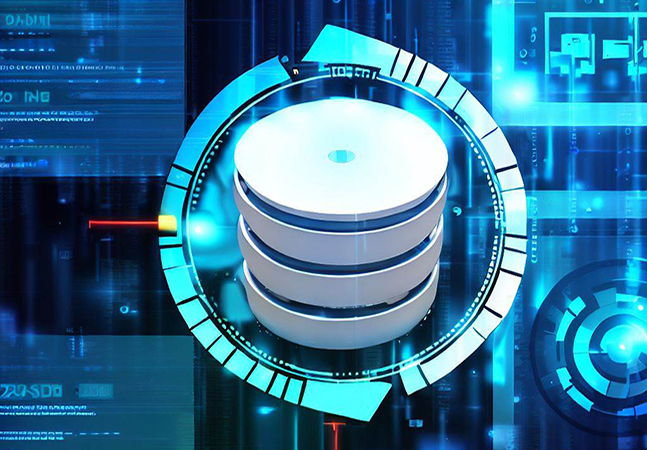
Brien Posey explains the advantages and potential disadvantages of using DNS over HTTPS.

Tom Fenton puts Selenium through its web site testing paces.

In fact, among the largest general cloud computing platforms, IBM is the only other player covered in the "IDC MarketScape: Worldwide AI Governance Platforms 2023 Vendor Assessment," with fellow hyperscalers AWS and Google Cloud Platform not included.

In his final series article, Tom puts the nifty little device through all its VDI paces -- and likes what he sees.

Fresh on the heels of Google unveiling Gemini, its "largest and most capable AI model," the company announced the advanced tech is now available on its Vertex AI platform.

In part 3 of his series on the SimplyNUC Moonstone mini-PC, Tom installs VMware Workstation on the device and runs and benchmarks the performance of a small and large Windows 10 VM.

The neverending wars among the cloud giants for computing supremacy are now being fought with a new weapon: specialized chips for AI.

In part 2 of his series, Tom benchmarks the device to have a baseline to compare the virtual machines he will run on it after installing VMware Workstation.

New cloud research examines the interaction of advanced AI and the zero-trust cybersecurity approach.

Tom gets his hands on SimplyNUC's most powerful AMD-powered mini-PC, the Moonstone, sticks Workstation on it and declares: "This thing is a beast in a very small package."

Cloud-native developers on AWS were greeted with a preview of a new generative AI assistant called Amazon Q during the company's ongoing re:Invent conference, adding to the existing CodeWhisperer functionality.

Because standard scheduling options aren't going to be a good fit for every situation.

IT consultant and attendee Paul Schnackenburg digests many sessions to explain changes coming in the Defender suite of security products, Windows Server v.Next and SharePoint.
- By Paul Schnackenburg
- 11/28/2023

A prevailing trend was the integration of AI and ML into Kubernetes environments, with a specific focus on dynamic resource allocation and the potential economic impact of generative AI.
- By Benjamin Rubin
- 11/27/2023

The "Big 3" cloud giants and other industry powerhouses are supporting a project from The Linux Foundation that seeks to demystify cloud billing data.

Tom details his experience in Barcelona as a technologist, presenter and journalist.

VMware announced a collaboration with Intel to make AI more accessible and private across various environments like datacenters, public clouds and the edge.

GitHub's 2023 State of the Octoverse report notes that AI has become mainstream amid a surge in cloud-native development.

Rubrik, a specialist in Zero Trust data security, this week launched Ruby, a generative AI companion designed to enhance cyber detection, recovery and resilience.

Druva, provider of a data resiliency SaaS platform, this week expanded its multi-cloud protection capabilities for the Azure cloud after previously unveiling an AI-powered copilot called "Dru" to help with backups.